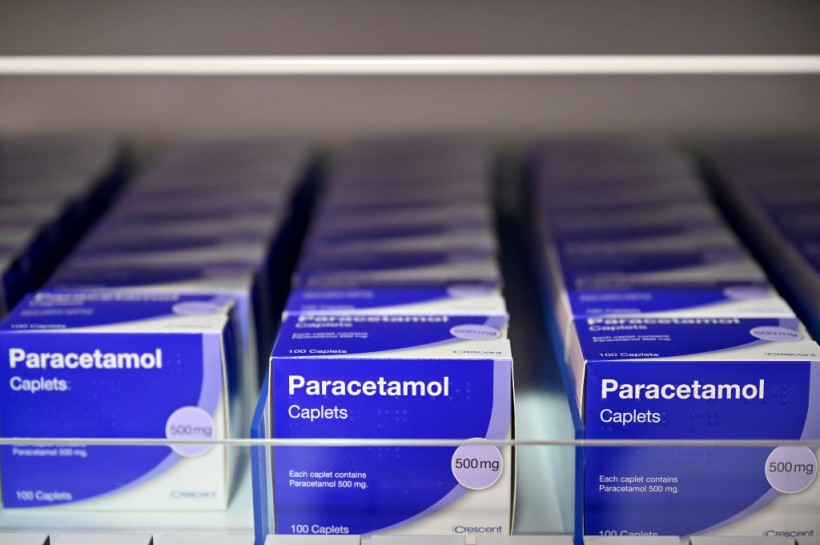As more and more people are getting their COVID-19 vaccine, many have started to wonder if they should take a painkiller and if so, if it should be taken before or after the jab.
A Daily Express report said the vaccine program of the United Kingdom has been one of the successes of this global health crisis. At different points, the UK has had the highest vaccination in the whole of Europe.
The first recorded COVID-19 case in the UK was in late January 2020 at RAF Brize Norton. After less than two months, the UK, along with the other nations of the world, went to lockdown.
For some time, it had been anticipated that it would be somewhat short-lived such as the Swine Flu pandemic that took place in 2009 that did not lead to any of the restrictions seen with the pandemic.
For almost two years, restrictions have remained in place in some form. As with the swine flu pandemic, vaccines have played a major and vital role in the reduction of transmission, severe illness, hospital admissions, and deaths.
ALSO READ: Drinking Water and Eating: Not Remedies for Hangover

Packets of paracetamol are seen inside the new NHS Louisa Jordan hospital which is now ready to take its first coronavirus patients on April 20, 2020 in Glasgow, United Kingdom.
Effects of COVID-19 Vaccines
Like other vaccines, there has been a continuing argument about the efficacy of the COVID-19 vaccines, the speed with which they were created, and for some, the purposes behind their commencement.
Within this, has been about the manner of managing the adverse effects of the vaccine. Each of the vaccines has side effects and it goes the same as the COVID-19 vaccines.
According to the National Health Service, the probable side effects after vaccination may include a sore arm, headache, exhaustion, feeling or being ill, and feeling achy, among others.
Painkillers to Take
When it comes to painkillers, the NHS has added that they can be taken if one needs to do so Painkillers may have many more uses other than relieving or alleviating the side effects of vaccines.
They are taken most frequently for relieving pain, even though some have other uses, as well. Paracetamol, in particular, is used for headache treatment, as well as alleviating non-nerve-related pains.
Meanwhile, ibuprofen is a form of anti-inflammatory drug used for the treatment of symptoms of certain conditions including arthritis and the aftermath of an injury, among others.
Aspirin, on the other hand, is classified as a painkiller, although it is not frequently used to treat pain. Rather, it is taken as an anti-inflammatory drug.
Meanwhile, codeine is an extremely strong painkiller and, as such befits a strong painkiller, is not recommended for long-term administration or use.
When to Take a Painkiller
A PopSugar report via MSN specified that according to Alaina Brinley, MD, PhD, a California-based emergency-room physician specializing in infectious disease and global health, "it's generally considered safe" to take pain relievers and fever reducers like paracetamol and ibuprofen after getting a vaccine.
She explained that some research looking at antibody generation following vaccination and simultaneous antipyretic use have shown a potentially blunted antibody reaction of unknown clinical essentiality.
Typically used in hospitals, morphine, as described in Drugs.com, is one of the strongest painkillers available and can be prescribed as an injection, pump, or injection.
Morphine specifically, is an opioid drug, sometimes known as "narcotic." It works by blocking pain signals from traveling to the brain along the nerves.
Most painkillers, if taken for long, can have serious health effects, including adverse side effects, as well as addiction.
Consequently, any prescription of a strong pain killer needs to be closely monitored by a general practitioner.
Related information about taking pain relievers after getting vaccinated is shown on UW Medicine's YouTube video below:
RELATED ARTICLE: Doctor: Don't Treat Hangover with Paracetamol; Here's What Happens If Mixed with Alcohol
Check out more news and information on COVID-19 and Vaccines in Science Times.














